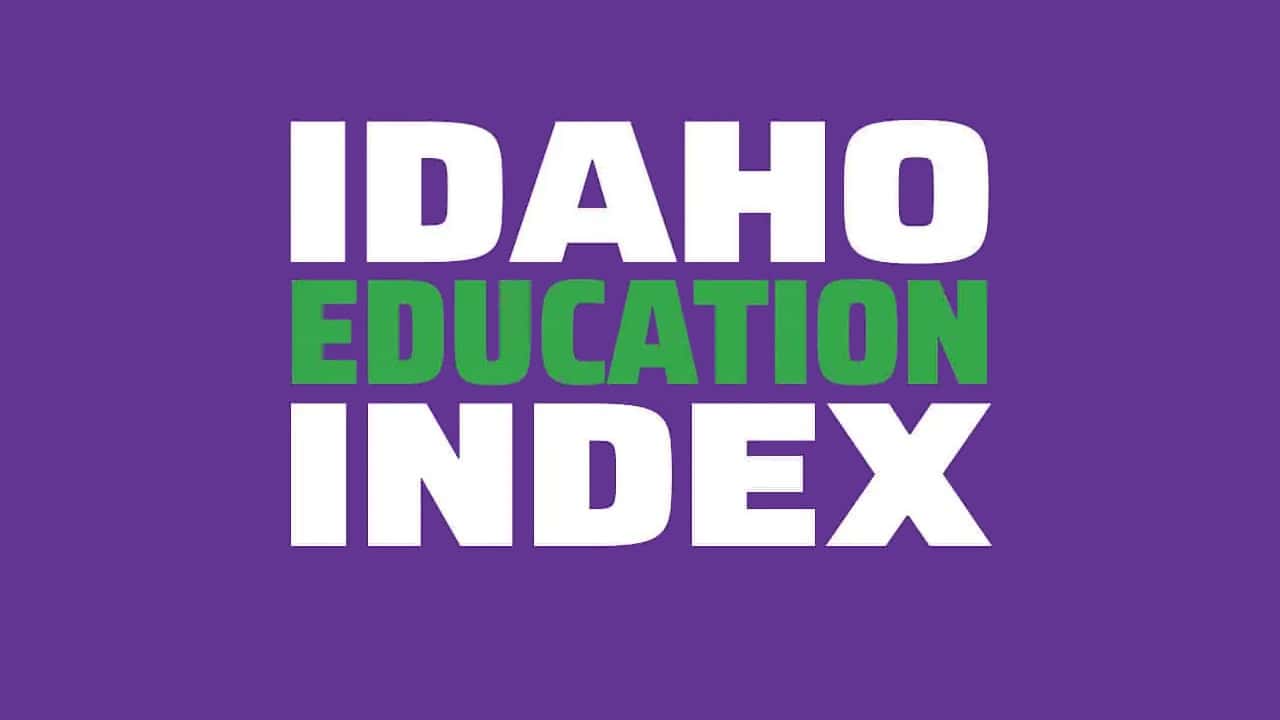


NOTE: The rating and analysis of this bill have been updated.
Bill Description: Senate Bill 1356 is similar to House Bill 268 proposed in 2023 and to Senate Bill 1285 proposed in 2020. It would require elected school board officials to undergo state-mandated training by the State Board of Education or an entity it designates. In addition to creating mandatory training for trustees, the bill renames “Continuous Improvement Plans” to become “Strategic Plans.”
Rating: -4
Does the bill expand the existing government monopoly on education and shrink family and student choice or agency?
This bill would require each elected or appointed school board member to undergo training on issues in board governance. The bill stipulates, “The training shall be provided by the state department of education, the state department's designee, or a provider authorized by the state department of education.” While the language of the bill is subjective, what is not subjective is the fact that the State Board of Education would have an expanded role: training school board officials in how to do their jobs. The legislation is not clear about what would happen if a school board member fails to comply with this requirement.
(-1)
Does the bill allow schools to be more flexible, improve feedback mechanisms, and decentralize decisions to the family or individual level?
Many private sector education organizations already provide school board members and other people in public education with training and resources, as well as highlight current issues and governance approaches. This legislation would cause a state agency to take on this responsibility and give special standing to issues or perspectives the agency wants to highlight, to the exclusion of others.
(-1)
Analyst note: It is conceivable that the “designee” for this legislation would be a private sector organization, perhaps the Idaho School Board Association or Idaho Education. Still, this legislation interferes with the spontaneous order of the market, in which school board members can choose the training that is most appealing or applicable to them or that of their district.
Does the bill finance education based on the student rather than the institution? (+) Conversely, does the bill finance education based on an institution or system? (-)
Senate Bill 1356 would significantly increase spending on the public education system. Currently, Idaho spends $6,600 per district and per charter school on training for school boards and administrators. The fiscal note for Senate Bill 1356 states that the bill would have no fiscal impact. This is not credible. Section 2 of the bill would mandate newly elected or appointed board members shall undergo training. It also stipulates regi;ar biennial trainings for existing board members.
(-1)
Does the bill reinforce the idea of equal treatment under the law, merit, individual responsibility, personal agency, and expectations of academic excellence? (+) Conversely, does the bill allow for any type of discrimination against, or grant preferential treatment to, any individual or group for any purpose on the basis of race, sex, color, economic class, ethnicity, national origin, geographic area, legacy status, or other identity group? (-)
Similar to last year’s failed bill (H268), this Senate Bill 1356 would remove a section of Code that requires a continuous improvement plan of a school district or charter school to “[i]nclude the individual staff performance on each of the performance criteria as defined in section 33-1001, Idaho Code, including measurable student achievement and student success indicator targets and the percentage of students meeting those targets.” This would undermine the idea of merit for teachers.
(-1)
Does the bill reinforce the idea of equal treatment under the law, merit, individual responsibility, personal agency, and expectations of academic excellence?
The bill would make other, subtle changes, such as renaming certain district plans from “continuous improvement” ones to “strategic” ones. It would also change the word “achievement” to “outcomes” when it comes to plans, which changes the focus from academic excellence to measuring outcomes. It’s not clear why these changes are needed or wanted. They may, however, signal a change in attention from recognizing individual achievement and accomplishments to following state or district ideas of aggregate results.
(0)


